Artificial intelligence is transforming various fields, and veterinary medicine is no exception. Among the leading AI technologies, OpenAI’s ChatGPT stands out as a revolutionary tool reshaping pet healthcare. From enhancing diagnostic accuracy to facilitating treatment planning, ChatGPT offers unparalleled support for veterinarians. This article explores the myriad ways ChatGPT is revolutionizing veterinary medical technology, including its role in improving veterinary practices, supporting pet owners, and advancing research and development. By providing cost-effective solutions and fostering veterinary education and training, ChatGPT is set to become an indispensable asset in the rapidly evolving field of pet healthcare, while addressing essential ethical considerations in AI adoption.
Explore this topic in-depth with dominure.com
1. Why AI is Essential in Veterinary Medicine
Artificial intelligence is becoming increasingly vital in veterinary medicine due to its ability to process vast amounts of data quickly and accurately. Traditional diagnostic methods, while effective, can be time-consuming and prone to human error. AI, particularly technologies like ChatGPT, can analyze complex medical data, recognize patterns, and provide precise diagnostic insights much faster than humans. This rapid processing capability leads to quicker diagnoses and more efficient treatment plans, ultimately improving patient outcomes.
Moreover, AI aids in handling the growing volume of veterinary cases as pet ownership rises globally. With more pets requiring medical attention, veterinarians face immense pressure to deliver high-quality care promptly. AI tools alleviate this burden by streamlining administrative tasks, managing patient records, and offering decision support, allowing veterinarians to focus more on direct patient care. Additionally, AI-driven technologies enable continuous learning and adaptation, ensuring that veterinary professionals stay updated with the latest advancements and best practices. As AI continues to evolve, its integration into veterinary medicine will be crucial in meeting the increasing demands of the field and enhancing the ov
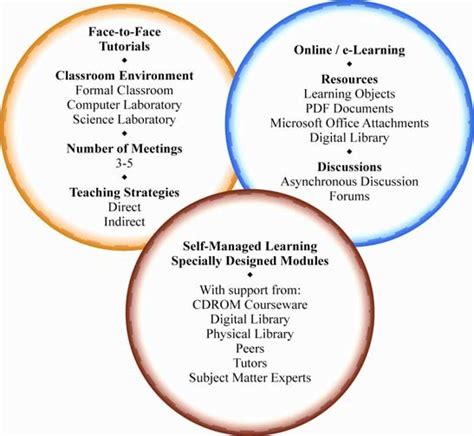
2. How ChatGPT Enhances Diagnostic Accuracy
ChatGPT enhances diagnostic accuracy in veterinary medicine by leveraging its advanced natural language processing capabilities to analyze and interpret complex medical data. Veterinarians often face the challenge of diagnosing conditions based on a myriad of symptoms that can be ambiguous or overlap with other ailments. ChatGPT aids in this process by swiftly cross-referencing symptoms with a vast database of veterinary knowledge, identifying patterns, and suggesting possible diagnoses with a high degree of accuracy.
Additionally, ChatGPT’s ability to process large volumes of data from various sources, including medical journals, case studies, and historical patient records, ensures that it provides evidence-based insights. This comprehensive analysis helps veterinarians consider all possible conditions and avoid missing rare or atypical diagnoses. By offering real-time diagnostic support, ChatGPT reduces the likelihood of human error and enhances the precision of the diagnostic process.
Furthermore, ChatGPT can assist in the early detection of diseases by recognizing subtle changes in an animal’s health data that may not be immediately apparent to the human eye. Early intervention is crucial in veterinary medicine, as it can significantly improve treatment outcomes and quality of life for pets. Overall, ChatGPT’s integration into the diagnostic process represents a significant advancement in veterinary medical technology, ensuring more accurate and timely diagn
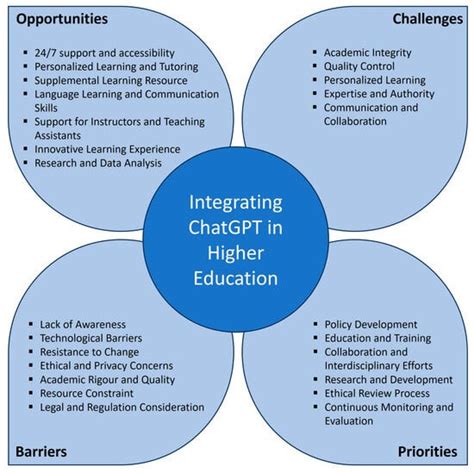
3. What ChatGPT Offers in Treatment Planning
ChatGPT offers substantial support in treatment planning for veterinary medicine by providing detailed, evidence-based recommendations tailored to individual patient needs. Once a diagnosis is established, ChatGPT can analyze a wide array of treatment options, taking into account factors such as the pet’s medical history, current health status, and specific condition. This analysis helps veterinarians formulate personalized treatment plans that are both effective and efficient.
One of the significant advantages of using ChatGPT in treatment planning is its ability to stay updated with the latest research and advancements in veterinary medicine. By continuously integrating new findings from medical journals, studies, and clinical trials, ChatGPT ensures that the treatment recommendations are based on the most current and reliable information available. This dynamic approach aids veterinarians in selecting the best possible treatment strategies, improving patient outcomes.
Moreover, ChatGPT can assist in monitoring and adjusting treatment plans as needed. It can track the pet’s progress, analyze response to treatments, and suggest modifications if necessary. This ongoing support ensures that the treatment remains optimal throughout the pet’s recovery process. By offering comprehensive and adaptive treatment planning, ChatGPT plays a crucial role in enhancing the overall quality of veterinary care, leading to be
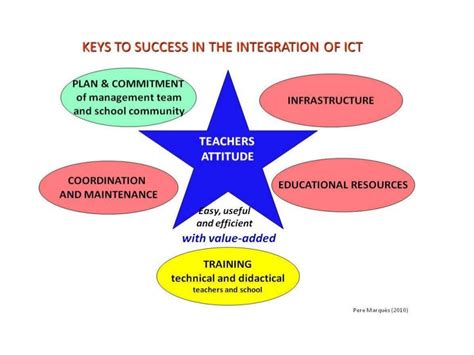
4. Why Veterinary Practices are Adopting AI
Veterinary practices are increasingly adopting AI due to its transformative potential in improving efficiency, accuracy, and overall quality of care. One of the primary reasons for this shift is AI’s ability to handle and analyze large datasets quickly, which significantly enhances diagnostic and treatment processes. By integrating AI tools like ChatGPT, veterinarians can access a vast reservoir of knowledge and real-time data analysis, leading to more precise and timely decision-making.
AI also streamlines administrative tasks, reducing the burden on veterinary staff. Tasks such as scheduling, patient record management, and billing can be automated, allowing veterinarians and their teams to focus more on direct patient care. This improved efficiency not only enhances the workflow but also increases the capacity to handle more cases, addressing the growing demand for veterinary services.
Additionally, AI technologies contribute to continuous learning and professional development. By providing instant access to the latest research and advancements in veterinary medicine, AI ensures that practitioners remain current with best practices and emerging trends. This ongoing education is crucial for maintaining high standards of care in a rapidly evolving field.
The adoption of AI also aligns with the growing emphasis on personalized medicine. AI can tailor diagnostic and treatment plans to individual pets, considering their unique medical histories and conditions. This personalized approach improves treatment outcomes and enhances the overall well-being of pets. Consequently, the integration of AI in veterinary practices is becoming essential for delivering high-quality, efficient, and modern veterinary care.
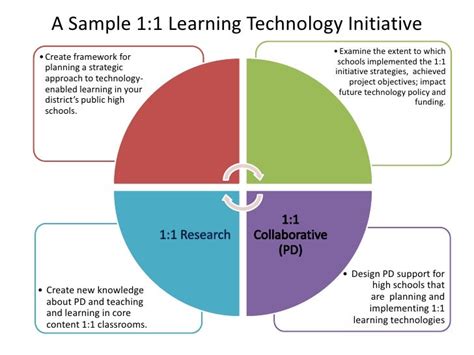
5. How ChatGPT Facilitates Veterinary Education and Training
ChatGPT plays a crucial role in enhancing veterinary education and training by providing instant access to a wealth of knowledge and resources. Veterinary students and professionals can use ChatGPT to quickly find answers to complex medical questions, review case studies, and explore the latest research in the field. This immediate access to information supports continuous learning and helps bridge knowledge gaps.
Furthermore, ChatGPT can simulate real-life scenarios, allowing veterinary students to practice diagnosing and treating various conditions in a risk-free environment. These simulations can be tailored to different levels of expertise, ensuring that both beginners and advanced practitioners benefit from personalized learning experiences. By providing detailed feedback and explanations, ChatGPT helps users understand their mistakes and learn from them, fostering a deeper comprehension of veterinary medicine.
Additionally, ChatGPT supports collaborative learning by facilitating discussions and knowledge sharing among veterinary professionals. It can serve as a platform for case consultations, where vets can discuss difficult cases and receive input from peers and experts. This collaborative approach enhances the learning experience and promotes the exchange of ideas and best practices within the veterinary community. Overall, ChatGPT’s integration into veterinary education and training significantly improves knowledge acquisition, practical skills, and professional development, ensuring that veterinarians are well-equipped to provide high-quality care.
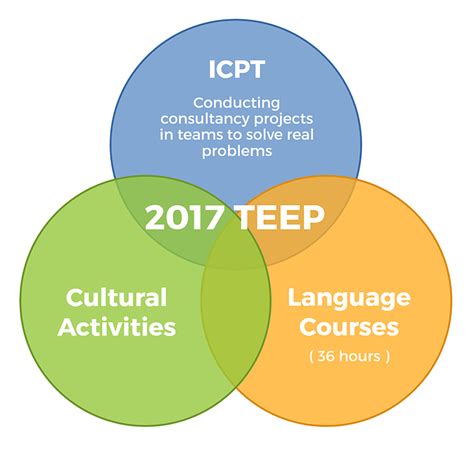
6. What Role ChatGPT Plays in Pet Owner Support
ChatGPT significantly enhances pet owner support by providing accessible, reliable information and guidance. Pet owners often have numerous questions about their pets’ health, behavior, and care, and ChatGPT can offer instant, accurate responses to these inquiries. This immediate access to information helps pet owners make informed decisions about their pets’ wellbeing.
Moreover, ChatGPT can assist in educating pet owners on various aspects of pet care, from preventive measures and nutrition to recognizing early signs of illness. By offering tailored advice based on the specific needs and conditions of their pets, ChatGPT empowers owners to take proactive steps in maintaining their pets’ health.
Additionally, ChatGPT can serve as a communication bridge between veterinarians and pet owners. It can provide clear explanations of complex medical terms and treatment plans, ensuring that pet owners fully understand the care their pets are receiving. This enhanced communication fosters a stronger partnership between vets and pet owners, ultimately leading to better health outcomes for pets.
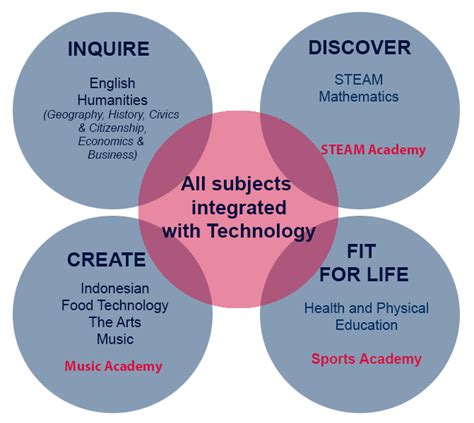
7. Why ChatGPT is a Cost-Effective Solution
ChatGPT proves to be a cost-effective solution in veterinary medicine by streamlining various aspects of pet care and operational efficiency. One of the primary ways it reduces costs is by automating administrative tasks. Functions such as scheduling appointments, managing patient records, and handling routine inquiries can be efficiently managed by ChatGPT, freeing up veterinary staff to focus more on clinical duties. This automation reduces the need for additional administrative personnel, thus lowering operational costs.
In addition, ChatGPT enhances diagnostic and treatment accuracy, which can lead to cost savings by reducing the likelihood of costly errors and unnecessary treatments. By providing precise diagnostic support and treatment recommendations, ChatGPT helps prevent misdiagnoses and ensures that resources are used effectively.
Moreover, ChatGPT supports continuous learning and professional development at a lower cost compared to traditional training methods. Its ability to provide instant access to the latest research and educational resources means that veterinarians and students can stay updated without the need for expensive courses or conferences.
Overall, ChatGPT’s integration into veterinary practices reduces operational expenses, minimizes errors, and supports ongoing education, making it a valuable and cost-effective tool for improving efficiency and care in the field of veterinary medicine.
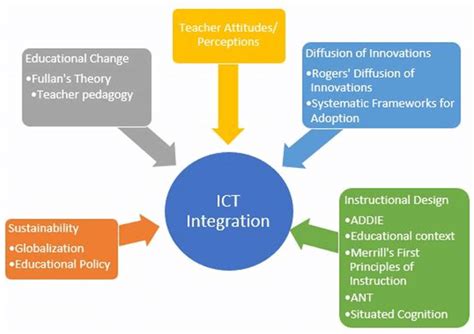
8. How AI is Transforming Research and Development in Veterinary Medicine
AI is revolutionizing research and development in veterinary medicine by accelerating data analysis and facilitating innovative discoveries. Advanced AI tools like ChatGPT can process and analyze vast amounts of research data from medical studies, clinical trials, and patient records. This capability enables researchers to identify trends, correlations, and insights more quickly than traditional methods.
AI also supports the development of new diagnostic tools and treatment methods by simulating various scenarios and outcomes based on extensive data. This simulation helps in refining and optimizing veterinary practices and technologies before they are implemented in clinical settings.
Moreover, AI enhances collaboration across research teams by providing a platform for sharing findings and ideas. ChatGPT can assist in synthesizing research findings and facilitating communication among researchers, leading to more cohesive and effective research efforts.
The integration of AI into research and development not only speeds up the innovation process but also ensures that new advancements are based on comprehensive data analysis and evidence. As a result, AI is driving significant progress in veterinary medicine, leading to more effective treatments and improved patient care.
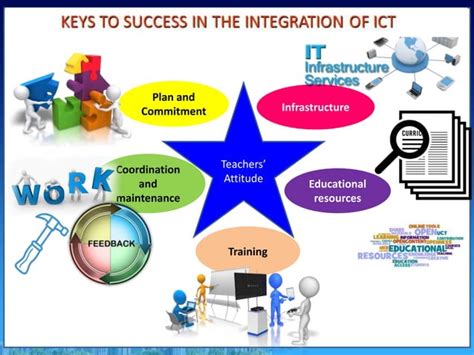
9. What the Future Holds for AI in Veterinary Medicine
The future of AI in veterinary medicine promises significant advancements and innovations that will further enhance the quality of pet healthcare. As AI technology continues to evolve, we can expect even more sophisticated tools for diagnostics, treatment planning, and patient management. Enhanced machine learning algorithms will provide increasingly accurate diagnostic support, enabling veterinarians to identify and address conditions with greater precision.
Future developments may also include more advanced AI-driven predictive analytics, allowing for proactive health management and early intervention. By analyzing data from various sources, including wearable technology and electronic health records, AI could predict potential health issues before they become critical, improving overall pet wellbeing.
Additionally, AI is likely to play a larger role in personalized medicine, tailoring treatment plans to individual pets based on their unique medical histories and genetic profiles. This customization will lead to more effective and targeted treatments.
AI’s role in research and development will continue to expand, accelerating the discovery of new treatments and therapeutic approaches. As AI becomes more integrated into veterinary practices, it will enhance collaboration among professionals and streamline workflows, ultimately leading to more efficient and effective care.
Overall, the future of AI in veterinary medicine is poised to bring transformative changes, making pet healthcare more precise, personalized, and proactive.
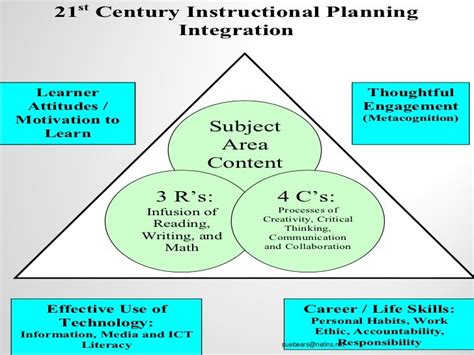
10. Why Ethical Considerations are Key in AI Adoption
Ethical considerations are crucial in the adoption of AI in veterinary medicine to ensure responsible and fair use of technology. As AI systems like ChatGPT become integral to diagnosing and treating pets, it is essential to address concerns about data privacy and security. Protecting sensitive patient information and ensuring that AI systems comply with regulations are fundamental to maintaining trust and safeguarding client confidentiality.
Additionally, AI must be implemented in a way that complements rather than replaces the judgment of veterinary professionals. Ethical use of AI involves ensuring that technology supports clinical decision-making without undermining the essential role of human expertise and empathy in veterinary care.
There is also a need to consider the fairness of AI algorithms to avoid biases that could affect treatment outcomes. Ensuring that AI systems are trained on diverse and representative datasets helps in delivering equitable care to all pets.
By addressing these ethical considerations, the integration of AI into veterinary medicine can be managed responsib
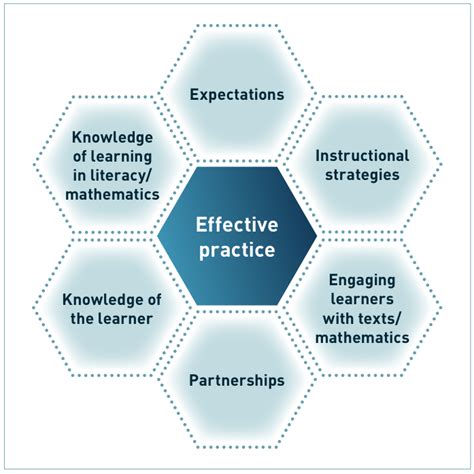
In conclusion, ChatGPT and AI technologies are transforming veterinary medicine by enhancing diagnostic accuracy, streamlining treatment planning, and supporting continuous education. Their ability to improve efficiency, reduce costs, and facilitate innovative research underscores their growing importance in pet healthcare. As we look to the future, addressing ethical considerations will be crucial in ensuring that these advancements are implemented responsibly. Embracing AI promises to significantly elevate the standard of care for pets worldwide.
dominure.com

